What’s the Deal With Marvel Movies?
These days, it’s pretty much impossible to think of comics without thinking of the Marvel Cinematic Universe (MCU), which seems to break its own world box office records with every new entry. But there was a time — and it wasn’t that long ago — when it looked like there might never be a Marvel movie. And even now, there is some confusion, with Marvel movies like Morbius and Madame Web coming out starring Marvel characters, but unconnected to the MCU. I can explain. It’s a big one, so strap in.
The Backstory
In the mid 1990s, Marvel Comics were in dire financial straits. The ‘80s had been a golden age in comic book fandom (not in comic books, that was the 1940s): older Gen X and younger Boomers were discovering that their parents had largely thrown away their comics collections, and rare comics were selling for hundreds of dollars to nostalgia-fueled buyers; old and new comics fans alike were buying comics in numbers that hadn’t been seen since the actual Golden Age of comics.
In 1989, Ron Perelman, a Revlon executive, bought Marvel Entertainment Group (Marvel Comics’s parent company) and started diversifying. He took the company’s stock public in 1991 and spent approximately $700 million buying up stock in other companies, including some that made trading cards and toys; Toy Biz, owned by Ike Permutter, struck a deal for a perpetual royalty-free toy license for Marvel characters in exchange for 46% equity (remember them; they’ll show up again in a few).
In 1991, the first sign of trouble appeared as seven high-profile creators, including Jim Lee, Rob Liefield, and Todd MacFarlane, left Marvel to form Image Comics. The bubble that had bolstered comics in the ‘80s was about to burst, as fans were unable and/or unwilling to keep spending so much on comics, perhaps sensing that if everyone was buying multiple copies, there would not be a market for rare titles the way there had been in the ‘80s. (There is also an argument to be made that Marvel quality was declining, but I’ll leave that to someone who read comics in the ‘90s; I was a weirdo teenager who watched mostly foreign films and didn’t read comics beyond Milk & Cheese and Scud the Disposable Assassin.)
But Marvel kept growing, acquiring Heroes World Distribution to be their exclusive distributor in 1994. This had a ripple effect that resulted in many of the smaller distributors folding, creating a two-way competition between Heroes World and Diamond, which distributed DC Comics (Heroes World ceased operations in 1997, giving Diamond the monopoly). Then in 1996 two important things happened: Heroes Reborn was launched, a year long crossover that Marvel outsourced to Image, run by former Marvel creators Jim Lee and Rob Liefeld; and Marvel Entertainment Group filed for bankruptcy in December. But let me back up a tiny bit.
Marvel was running out of money, but Perelman had a plan to save Marvel: he was going to form Marvel Studios, get their beloved characters on the big screen, and bring them back to financial security. To do this, he wanted to buy the remaining shares of Toy Biz, merge the companies, and start making money again. But the board didn’t agree. So Perelman filed for bankruptcy, and a lengthy court battle ensued.
In 1998, Toy Biz emerged victorious. Perelman was out, and Ike Perlmutter was suddenly in charge of Marvel Entertainment Group, which was renamed Marvel Enterprises. By then, Men in Black (1997, Columbia Pictures, distributed by Sony) and Blade (1998, Marvel Enterprises, distributed by New Line) had both been made: movies based on Marvel comics. Within two years, there would be an X-Men movie (2000, 20th Century Fox), and not long after that, Sam Raimi’s Spider-Man (2002, Columbia/Marvel/Sony) would be breaking records. So how did those movies get made by those studios?
Marvel Movies
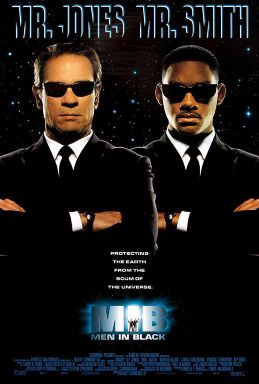
Men in Black
Producers Walter F. Parkes and Laurie MacDonald optioned the rights to The Men in Black by Lowell Cunningham and Sandy Carruthers in 1992. An option is a contract that gives the optioner — in this case Parkes and MacDonald — a certain amount of time in which to make the movie (or TV series, as applicable) before the rights revert to the creator. The money paid for an option is not owed back if an option is not exercised, so it is often in the optioner’s best interest to make the movie. This movie is not part of the massive rights debacle that many of the other Marvel Comics properties are or were tangled up in.
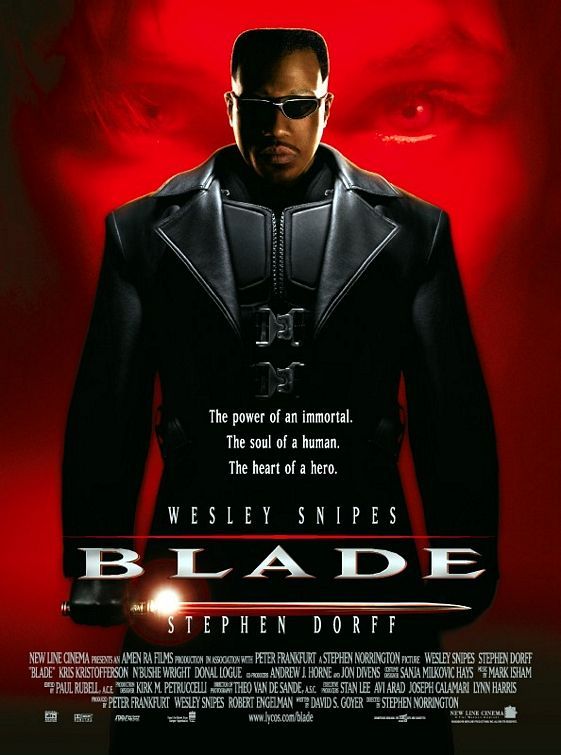
Blade
Marvel themselves developed and produced the Blade movies, which they maintained the rights to in the ‘90s. This was their only movie series prior to the MCU.
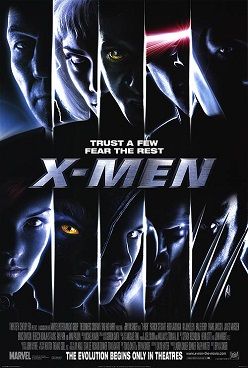
X-Men and Fantastic Four
Marvel sold the movie rights to the X-Men to 20th Century Fox in 1993–94 in what was essentially a fire sale, as the aforementioned bubble burst and Marvel was putting out more money than they were bringing in, thanks to Perelman’s ambitious plans. Fox acquired the Fantastic Four at the same time. This deal likely seemed like a natural fit, since the Fox Kids network was producing the X-Men animated series (my personal introduction to Marvel) at the time. Fox held those rights until 2019.
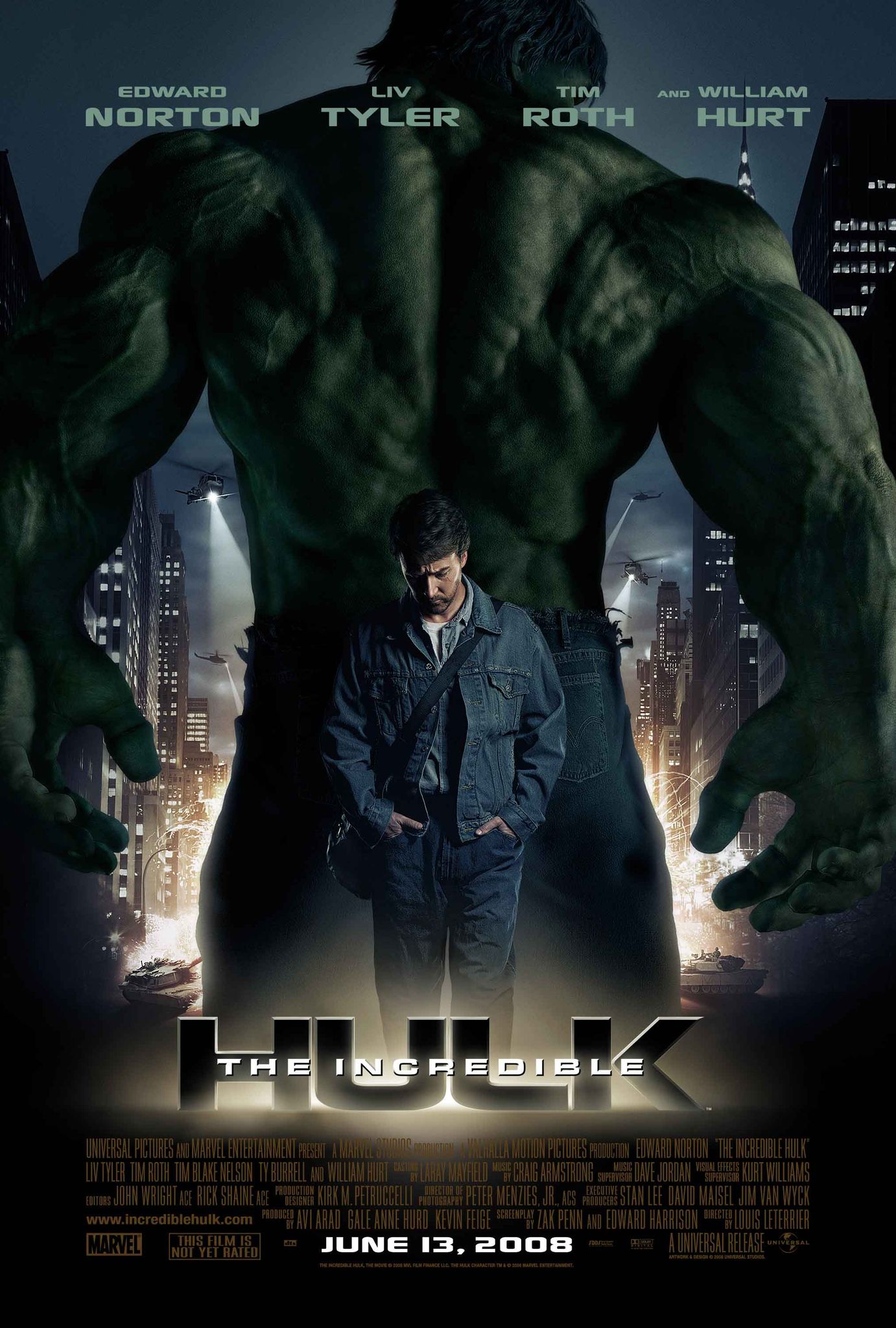
Hulk
Universal bought film rights to the Hulk character, which they have exercised for two standalone movies, starting with Hulk (2003). Their deal only precludes other studios from making solo Hulk movies, not from using the character in other movies, which is why Bruce Banner has appeared in several MCU movies including Avengers and Thor Ragnarok. Marvel also maintained television rights, which is why we have a She-Hulk series forthcoming on Disney+. Confusingly, Marvel was involved in the second solo Hulk movie, 2008’s The Incredible Hulk, paying for the production while Universal distributed. In an ongoing deal, Universal maintains distribution rights to solo Hulk movies, and Marvel has not announced any plans to make another as of this writing.
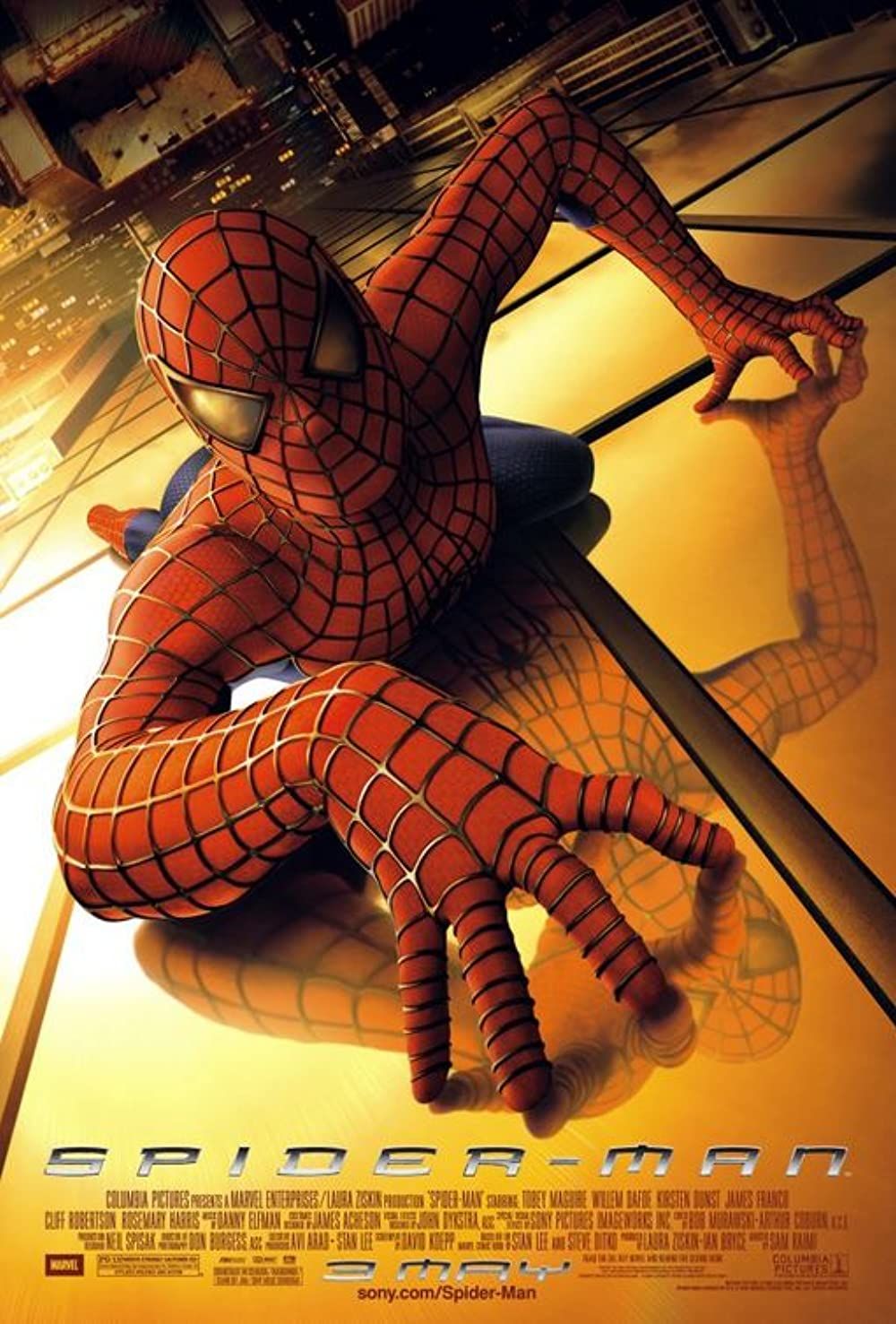
Spider-Man
Sony Pictures licensed Spider-Man in 1998, and — likely because of the bankruptcy and prolonged legal battle — Marvel gave them basically everything. As long as Sony releases a Spider-Man related movie every 5 years and 9 months, they keep those rights. Which explains not only why we’ve had multiple Spider-Man movie series, but also some of the more obscure movies. Morbius? Spider-Man character. Silk? Spider-Man character. Madame Web? Say it with me, y’all: Spider-Man character.
So why is Peter Parker in the MCU? Well, Marvel basically licensed their own character back. Yeah, really. In 2015, after Sony’s Amazing Spider-Man failed to meet box office expectations, Marvel and Sony struck a deal to allow Spider-Man to join the MCU. The deal was re-upped four years later, and will carry through Doctor Strange and the Multiverse of Madness (which, in a nice closing of the circle, is directed by Sam Raimi, who made Sony’s first Spider-Man trilogy).
Marvel Movies: The MCU and Disney
Marvel Enterprises made Iron Man in 2008, taking a fairly huge risk on a character who was then largely unknown — but to whom they had full rights. Perhaps based in part on the movie’s success, Disney purchased Marvel — all of Marvel, with the exception of the licensed rights — in 2009. Paramount Pictures, who had already distributed Iron Man (2008) had a deal to distribute Iron Man 2 (2010), Thor (2011), and Captain America: the First Avenger (2011). Disney took over distribution with 2012’s The Avengers, and has produced and distributed every subsequent MCU movie.
In 2019, Disney acquired 20th Century Fox, thus regaining the X-Men and Fantastic Four characters. They have yet to incorporate them into the MCU beyond the appearance of Scarlet Witch and Quicksilver in Avengers: Age of Ultron and subsequent MCU properties; both are mutants, and Fox disputed Marvel’s right to use them, ultimately reaching an agreement that the MCU could not mention that they are mutants or otherwise reference Fox’s movies; however, now that Disney owns Fox, it is widely speculated the they will eventually be folded into the MCU.
Clear as Mud?
This is a lot of information, and it barely skates the surface of the tangled web that is Spider-Man, the MCU, and Marvel.
Sources
All of this information is available in multiple places, online and off. Here are a few articles and one book that I used:
- Comic Wars: How Two Tycoons Battled Over the Marvel Comics Empire — And Both Lost by Dan Raviv
- How Marvel Went From Bankruptcy to Billions at Den of Geek (2018)
- Marvel Reaches Agreement to Emerge From Bankruptcy at The New York Times (1998)
- Who Owns the Rights to Marvel Characters? at Slash Film (2021)
- The Path to the X-Men Joining the Marvel Cinematic Universe at Time (2019)
Excelsior!


إرسال تعليق
0 تعليقات